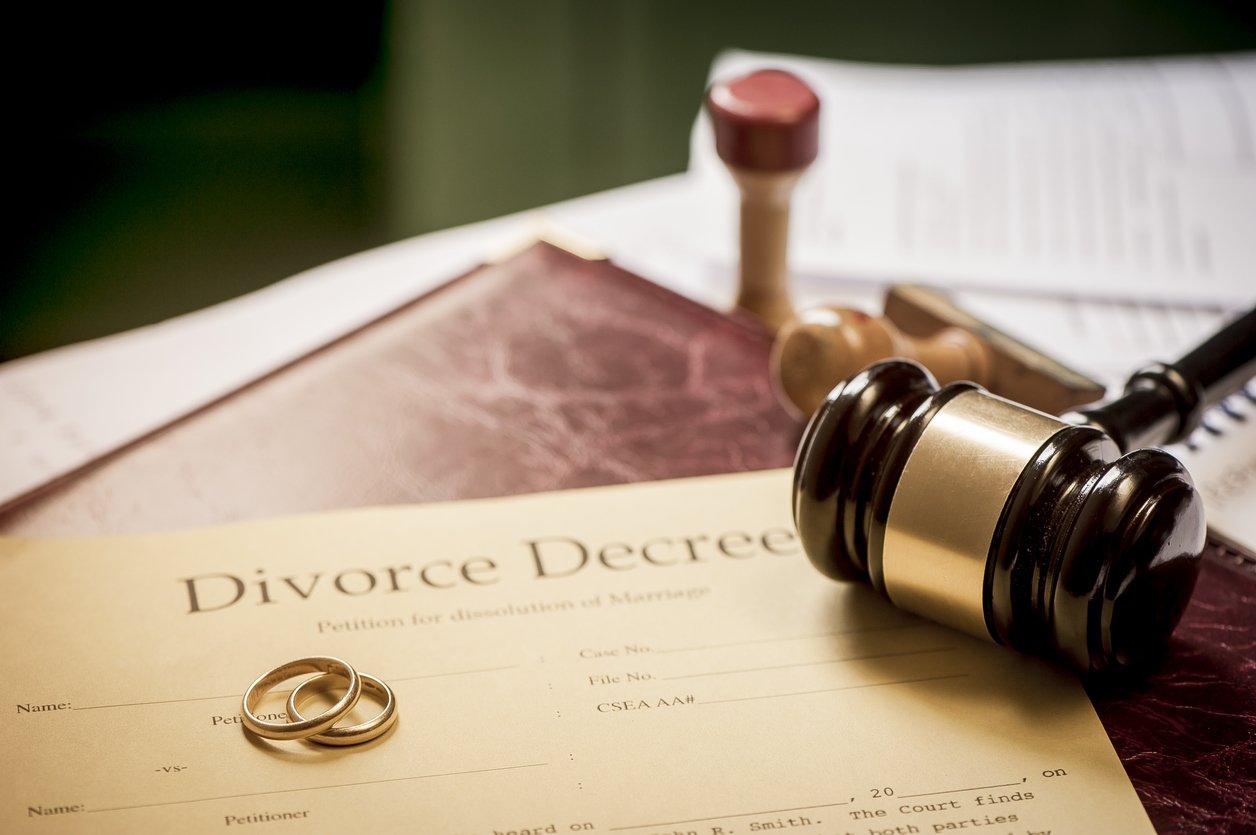
18 Aug Rhode Island Property Division: Who Gets What?
The end of a marriage can be a stressful time. Not knowing what will happen with joint property can make the situation even more stressful. By learning how Rhode Island property division works, you may be able to ease your stress. Here are a few things you should know about property division in the state.
What Are the Ways You Can Handle Property Division?
At the end of your marriage, there are a few ways you can handle Rhode Island property division. Some spouses choose to get a marital settlement agreement (MSA). The MSA is a document that notifies the court on how you and your spouse will divide up your property.
For an MSA to work, you and your spouse both need to agree on the way you will divide property. It’s an excellent option because everyone gets what they want. However, it’s not always possible to agree with your spouse. Some couples work towards an MSA but get stuck on a few key issues. Others can’t stay in the same room long enough to agree on anything. In situations like this, the court needs to intervene.
They can distribute your property with an equitable division. When equitable division occurs, the property is distributed in a fair way. It’s up to the court to decide who gets what property. They consider several important factors and consider how each partner helped in the marriage. In addition to that, they also look at how you hurt the marriage. Keep in mind that an equitable division doesn’t mean an equal split. Instead, it focuses on what would be a fair division of property.
Understanding the Basics
If you can’t come up with an MSA, it’s important for you to have an understanding of how an equitable division occurs. Your property is in the court’s hands. Understanding the process can make it seem much less intimidating.
Property and Assets
The first thing the court considers is who owned what property before the marriage occurred. For example, they could find out that you owned a block of land before your marriage. They look at every property and keep track of all the details. Then, they find out what property is marital property. In Rhode Island, marital property is the property you and your partner acquired during your marriage. If a home was originally a separate property but became shared property, the court views it as marital property. The court needs to divide up all the marital property. Any non-marital property is likely to remain in your possession.
If you receive an inheritance during your marriage, that property is nonmarital. The same is true of any gift that you receive during your marriage. But it’s not all cut-and-dry. Property from before your marriage may be marital property if you transferred it to a joint account or combined it with another asset. And any income you received from a non-marital property due to the effort of you and your spouse could come up during the division. The court could decide to divide that money amongst you and your spouse.
In Rhode Island, non-marital property is not off limits. If the court sees fit, they may include non-marital property when they come up with their division. It all depends on your circumstances.
Debt
Another important factor in an equitable division is debt. A judge decides whether a debt is marital or non-marital. This depends on when you received the debt, who received it, and what you used the debt for. There are certain scenarios in which the debt could come after marriage, but could be the sole responsibility of your partner. Once again, this is up to the judge to decide.
What Factors Matter in Rhode Island Property Division?
There are several key factors that matter during property division in the state. The court considers the length of the marriage, each spouse’s behavior during the marriage, and the income of each spouse. Here are some other factors that can come into play:
-Contributions to property appreciation
-Contributions to the household
-The age and/or health of each spouse
-The best interest of the children
-The opportunity for future income and work
Rhode Island is a no-fault state. However, a judge can still allow bad behavior to affect the division of property. If you had an affair during your marriage, a judge could use that information to give you less property.
What Happens If You Have a Prenuptial Agreement?
When you have a prenup, you need to adhere to the terms of the prenup. But things can change if you or your partner violated the terms of the prenup.
Getting a Fair Division of Property
The best way to protect yourself during your divorce is to hire an experienced divorce lawyer. The proceedings can be unpredictable, so you need someone to represent you. If you want the best outcome for your Rhode Island property division, you need an attorney.


Sorry, the comment form is closed at this time.